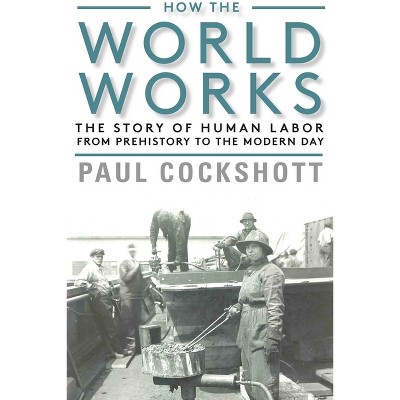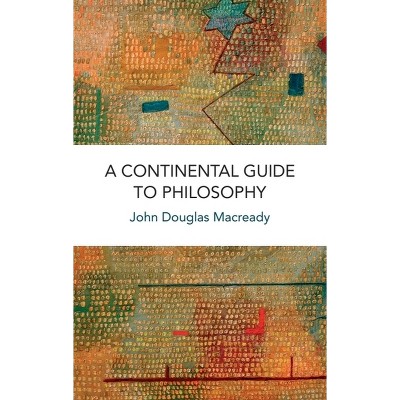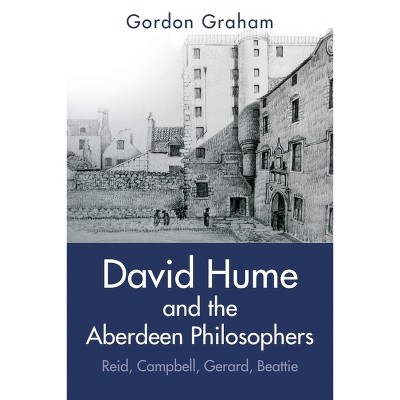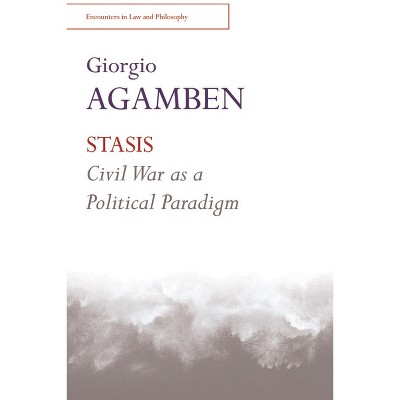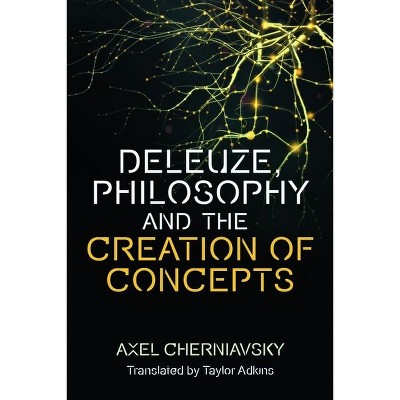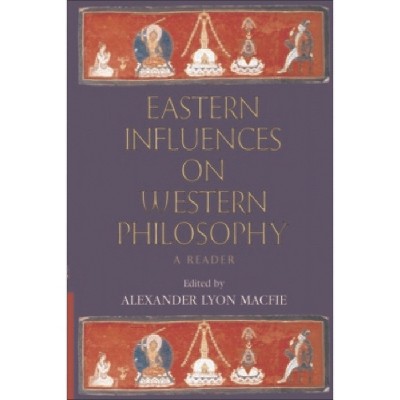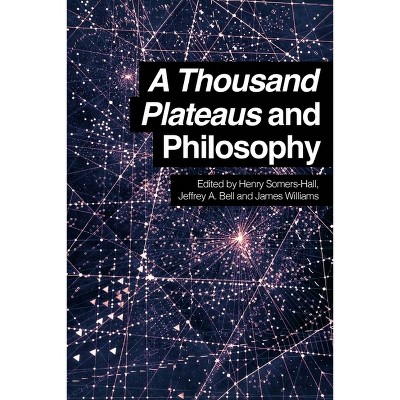Sponsored

Gaston Bachelard: A Philosophy of the Surreal - by Zbigniew Kotowicz (Paperback)
In Stock
Sponsored
About this item
Highlights
- Gaston Bachelard (1884-1962) was a seminal figure in contemporary French philosophy.
- About the Author: Zbigniew Kotowicz is Research Fellow at the Centre for Philosophy of Science of the University of Lisbon.
- 224 Pages
- Philosophy, Epistemology
Description
About the Book
Zbigniew Kotowicz gives us the first English language, in-depth presentation of the entire spectrum of Bachelard's work: epistemology, poetic imagination and temporality. And he explores an old philosophical tradition that Bachelard's thought opens up - atomism - a doctrine that has been almost forgotten and is much misunderstood.
Book Synopsis
Gaston Bachelard (1884-1962) was a seminal figure in contemporary French philosophy. Together with Michel Foucault, Georges Canguilhem and Jean Cavaillès, he shaped the 'French epistemological' school of philosophy of science.
In France, Bachelard is a towering presence; in the English-speaking world, he is little known. Now, Zbigniew Kotowicz gives us the first English language, in-depth presentation of the entire spectrum of Bachelard's work: epistemology, poetic imagination and temporality. And he explores an old philosophical tradition that Bachelard's thought opens up - atomism - a doctrine that has been almost forgotten and is much misunderstood.
From the Back Cover
Analyses Bachelard's work on epistemology, poetic imagination and temporality Gaston Bachelard was a seminal figure in contemporary French philosophy. Together with Jean Cavaillès, Georges Canguilhem and Michel Foucault he shaped the style of thinking characteristic of contemporary philosophy of science known as the 'French epistemological' school. While in France Bachelard is a towering presence, and his influence is visible in the writings of many different thinkers well beyond philosophy of science, he remains little known in the Anglophone world. Zbigniew Kotowicz offers, for the first time in English, an in-depth presentation of the entire spectrum of Bachelard's work - epistemology, poetic imagination and temporality - and he also explores an old philosophical tradition that Bachelard's thought opens up - atomism - a doctrine that has been almost forgotten and is much misunderstood. Zbigniew Kotowicz is a Research Fellow at the Centre for Philosophy of Science at the University of Lisbon.Review Quotes
After reading Kotowicz's book, I find that I have become intrigued by Bachelard; as much by the discontinuities and apparent contradictions as by the overall coherence. Gaston Bachelard: A Philosophy of the Surreal is a fascinating book, a pleasure to read, and a work that will provoke thought and, quite likely, disagreement. By the end it does not seem that Bachelard is any easier to pin down, but there are quite a number of moments of compelling clarity.--J Paetkau "Useful Illusions"
Kotowicz brings a truly Bachelardian spirit to this brilliant and absorbing account of his philosophy. Touching on the current of atomism that runs through much of his writing, Kotowicz shows how, for Bachelard, the mind is at peace when it is at work, and at work in creativity. From the originality of Bachelard's analyses of scientific rationality to the wisdom of his writing on the elements, the poetic imaginary, and time, this insightful book opens up new ways to explore his thought.--David Webb, Staffordshire University
This work will be of as much interest to the French as to the Anglophone reader. Kotowicz comes to Bachelard with a fresh look. What he has to say about Bachelard's views on history, atomism and time, as well as his closeness to a Buddhist way of thinking, will come as a surprise. A tremendous read.--Baudouin Jurdant, Professor emeritus of the University Paris Diderot (Paris 7)
About the Author
Zbigniew Kotowicz is Research Fellow at the Centre for Philosophy of Science of the University of Lisbon. He spent 15 years working as a clinical psychologist and psychotherapist, mostly with R. D. Laing's Philadelphia Association. Subsequently, he took a doctorate in philosophy at the University of Warwick. He was Wellcome Research Fellow in the History of Medicine in the Department of History, Goldsmiths, University of London.Shipping details
Return details
Trending Philosophy



